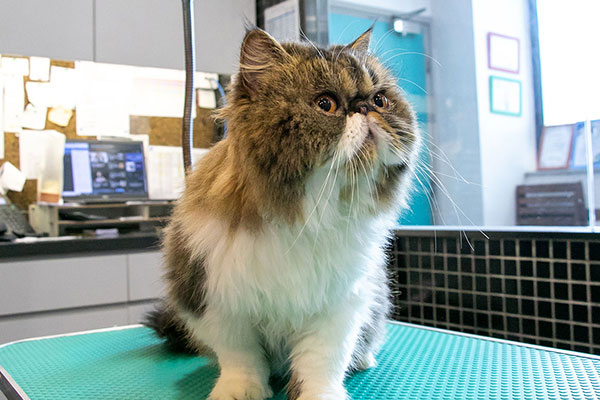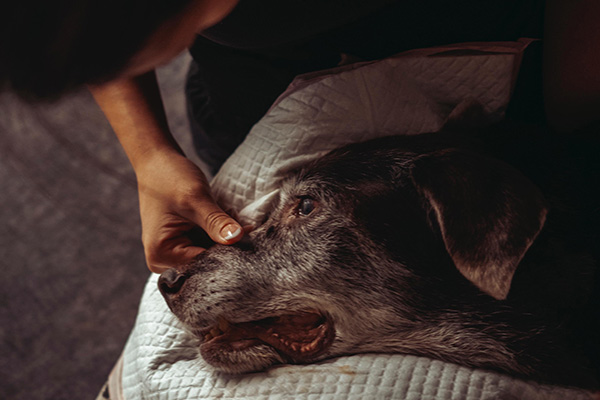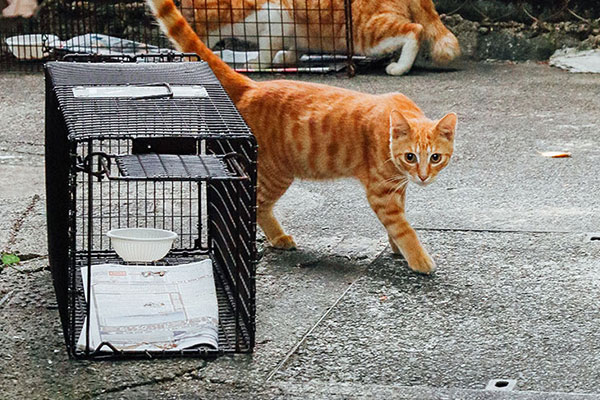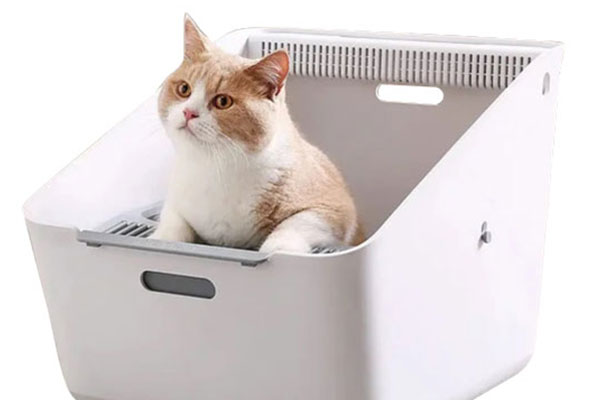10 Common Cat Accidents and How to Avoid Them
Many of our inspector’s rescues involving our feline friends, such as rescues from car engines, drainage pipes, reclining chairs and precarious window ledges, can be easily avoided.
Here are some strategies to help you be a more responsible cat owner, based on the most common mistakes our inspectors encounter.
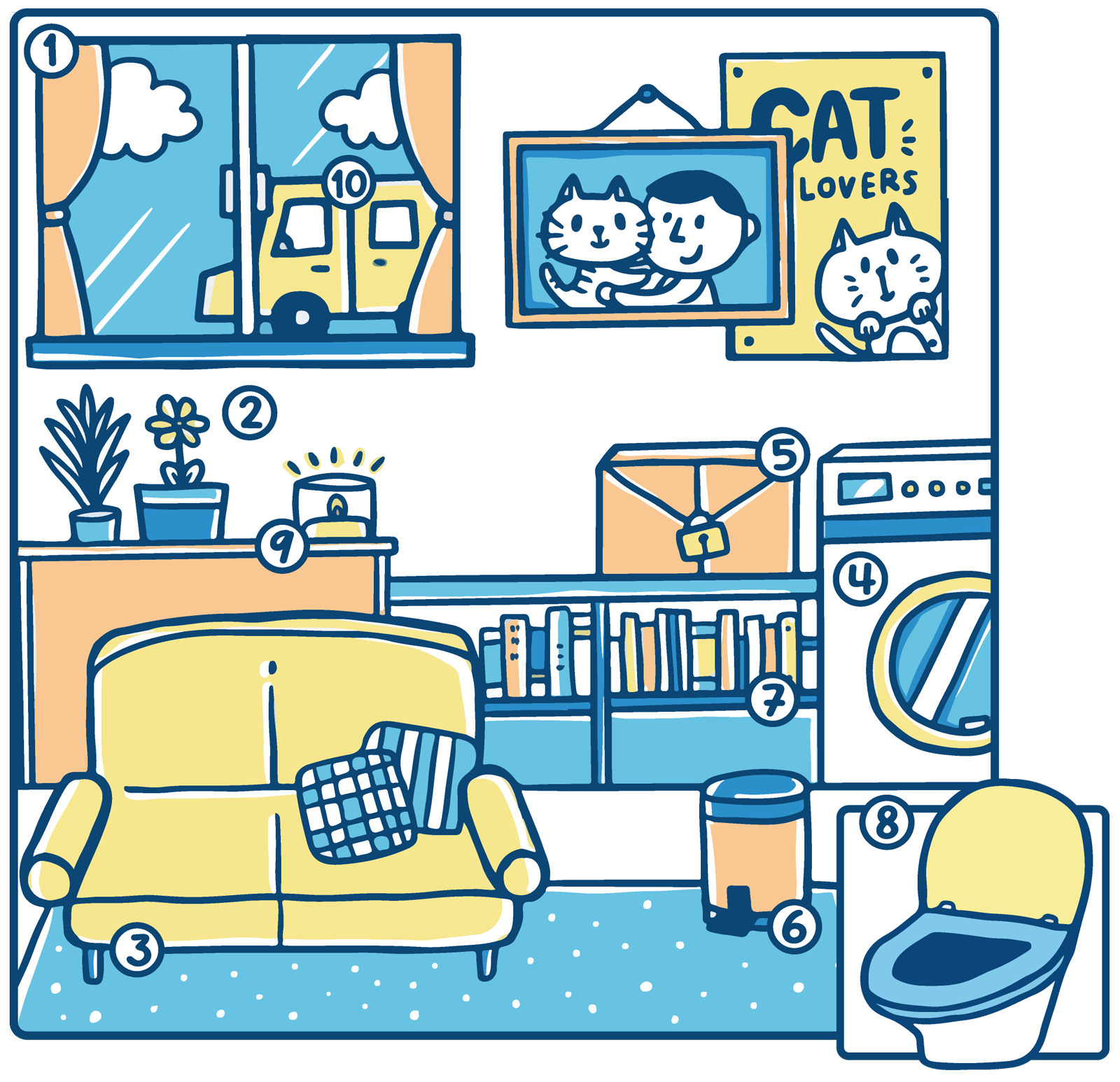
1 Install netting or screen doors over windows / balcony area
In 2023, our inspectors handled 264 rescues involving cats falling out of windows or trapped on window ledges. A majority of these cases could have been easily avoided if owners had installed netting over windows and screen doors to the balcony. Don’t wait for an accident to happen to take this safety precaution, and be sure to never leave your cats unsupervised when windows and balcony doors are open – even if netting has been installed.

Do you know what it takes to increase the success rate of rescuing an animal trapped in a high-rise building? Click here to find out what our inspectors have to say.
2Do not get and/or remove plants that are toxic to cats
There are a number of common household plants that are actually quite toxic to cats. Lilies are especially toxic – chewing on the leaves, or even drinking the vase water can result in acute kidney failure and death. Below are just a few examples, but it is always advisable to do a quick google search before bringing any flowers or plants home, just to be safe!
- Aloe Vera
- Lilies
- Daffodil
- Jade
- Azalea / Rhododendron
- Hydrangea
- Tomato plant
- Tulip
- English Ivy
- Oleander
- Poinsettia
3Seal off or block any gaps or tight spaces
In 2023, our inspectors received 21 rescue calls for cats stuck in the cracks of sofas or reclining chairs.
Cats are most likely going to hide or try to escape when they are scared or unfamiliar with their environment. Cats feel more comfortable hiding in a dark, enclosed space, and are likely to go under the sofa, behind the cabinet and other tight spaces to escape.
Newly adopted cats or cats where their owners are preparing for a move are far more likely to try to hide (or worse still, escape). Owners will need to provide a safe room or even consider caging them (for a short while) to allow them to adapt to their new environment before letting them roam free.
4Check your washing machine before operating
Washing machines and laundry hampers make a great cosy hiding spot for cats – be sure to keep the washer door closed when not in use, and check carefully before closing or putting a wash on!
5Store dangerous items safely in cabinets and install childproof latches
Sometimes simply storing potentially dangerous items in cabinets is not enough to keep cats from rummaging through your cabinets. Consider installing childproof latches to securely stowaway dangerous or potentially toxic items such as choking hazards, cleaning products, vitamins, sharp objects and breakable items. Owners also need to be careful with loose string or cotton thread as cats love to play with these items and can swallow them, which can be potentially life-threatening.
6Keep food stored away and trash secure
The same goes for seemingly ‘harmless’ items like food scraps – what may be harmless to us could be potentially toxic to cats when ingested, such as coffee grounds and foods including chocolates, grapes and onions, to name a few.
7Secure bookcases and dressers to the wall
Cats love to explore different heights and will often climb or jump to higher vantage points. To prevent them from knocking things over in the process, fix these items securely, and provide cat shelves and scratching posts for your cats. Visit our online store to see our range of cat scratching posts.
8Keep the toilet lid down
Apart from the obvious unhygienic nature of drinking toilet water, small cats and kittens could actually fall in and not be able to get out!
9Never leave a burning candle unattended!
In 2023, our inspectors handled 16 fire-related cases. They can ignite fur if your cat brushes past. It’s better to keep them out of reach and in rooms your pet does not have access to. Burning candles can also emit harmful chemicals and air pollutants, including carbon monoxide, which can be detrimental to health. Therefore, it is important to choose candles made from non-toxic and natural ingredients, such as soy or beeswax, to minimise the risk.
10And finally, check your car engines before driving off!
Sometimes during the cooler months, cats love to crawl up into car engines to escape the cold and keep warm. In 2023, our inspectors handled 43 rescues involving cats in car engines!
Sometimes, despite our best efforts to reduce risks for our cat, accidents still happen. Being prepared for these situations can make all the difference between life or death.
- Keep the contact information to your cat’s vet readily accessible for any concerns or questions
- Know where, and how to contact, the closest emergency, 24-hour veterinary service in your area for any unexpected mishaps
- For rescue help, call our 24 – hour inspector hotline at 2711 1000
Our animal rescue services are free of charge – to support our Inspectorate and animal rescue efforts please consider donating here.














